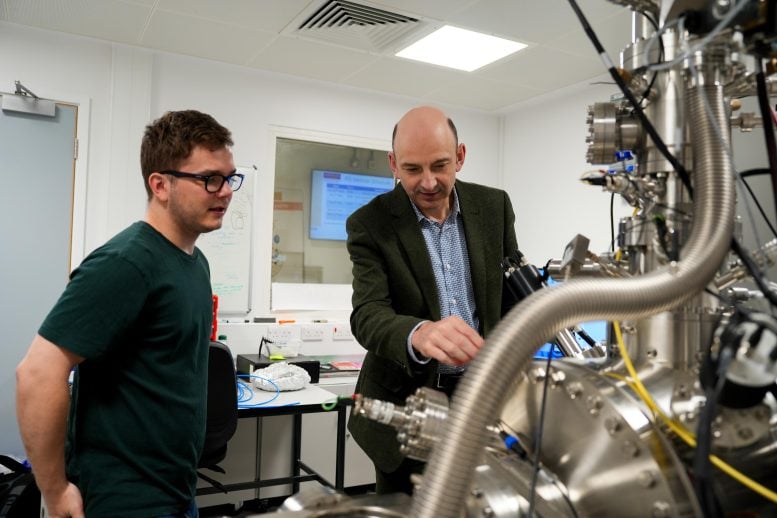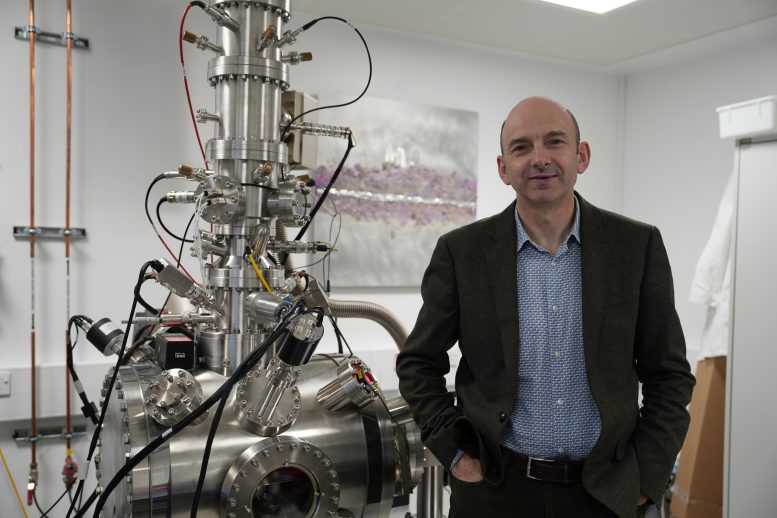Researchers at the University of Manchester and the University of Melbourne have developed an ultra-pure silicon crucial for creating scalable quantum computers, which could potentially address global challenges such as climate change and healthcare issues.
A major breakthrough in
Building on the same pioneering method forged by Ernest Rutherford – “the founder of nuclear physics” – scientists at the University, in collaboration with the University of Melbourne in Australia, have produced an enhanced, ultra-pure form of silicon that allows construction of high-performance qubit devices – a fundamental component required to pave the way towards scalable quantum computers.
The finding, published in the journal Communications Materials, could define and push forward the future of quantum computing.
Quantum Computing Advances
Richard Curry, Professor of Advanced Electronic Materials at The University of Manchester, said:
“What we’ve been able to do is effectively create a critical ‘brick’ needed to construct a silicon-based quantum computer. It’s a crucial step to making a technology that has the potential to be transformative for humankind – feasible; a technology that could give us the capability to process data at such as scale, that we will be able to find solutions to complex issues such as addressing the impact of climate change and tackling healthcare challenges.

Prof Rich Curry (right) and Dr. Mason Adshead (left). Credit: The University of Manchester
“It is fitting that this achievement aligns with the 200th anniversary of our University, where Manchester has been at the forefront of science innovation throughout this time, including Rutherford’s ‘splitting the 
Prof Rich Curry. Credit: The University of Manchester